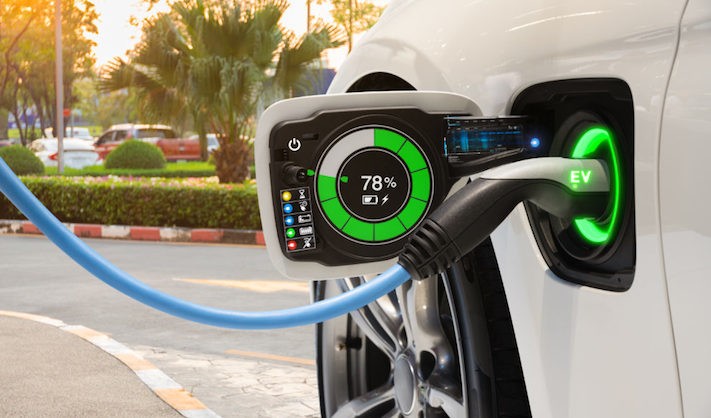Key Developments
Kenya to Approve First-Ever Green Mobility Policy to Accelerate EV Adoption

Kenya is revving up its transition to electric vehicles (EVs) with the launch of a draft National E-mobility Policy.
This initiative aims to foster a robust local EV ecosystem, reduce emissions, and lessen reliance on fossil fuels.
The policy, championed by the Ministry of Roads and Transport in collaboration with the Ministry of Trade and Investment, outlines plans to:
Incentivize Domestic EV Production: The government will set zero-emission vehicle (ZEV) sales targets and establish investment criteria for local car manufacturers and assemblers to qualify for government support. This includes requiring the gradual use of locally sourced materials in EVs, promoting domestic manufacturing and assembly.
Develop a Skilled Workforce: Recognizing the current gap in technical expertise, the policy includes the creation of an e-mobility curriculum for relevant university programs to address the future workforce needs of the EV industry.
Boost Research and Infrastructure: The government will prioritize research and development (R&D) in EVs, battery technology, and charging infrastructure. Additionally, manufacturers will be required to provide user training and manuals with their vehicles.
Reduce Emissions and Costs: The shift to EVs is expected to significantly cut greenhouse gas emissions and the national petroleum import bill, currently standing at KSh 628.4 billion ($4.8 billion).
Promote Public Awareness: Kenya has already begun issuing green number plates for EVs to raise public awareness and encourage widespread adoption.
This policy leverages the expertise of the private sector, international investors, and academic institutions to build a sustainable EV ecosystem.
Kenya is already home to established e-mobility players like BasiGo (EV manufacturers), CFAO Group (electric bus company), and Roam (electric buses and motorbikes).
The new policy seeks to empower such companies and create a thriving domestic EV industry.
Related Articles
Register Now
Empower Africa Times Newsletter
Share :
You may also like...

Ivorian Fintech Startup Cauridor Raises $3.5 Million Seed Funding to Expand Payment Network
Ivorian fintech startup Cauridor has secured $3.5 million in seed funding to enhance its payment infrastructure, support expansion efforts, and strengthen its presence in new markets.

Yassir: The Algerian Superapp that is changing how daily services are provided in Africa and beyond
Yassir is an Algerian super app that provides a suite of services to make life easier for Africans.

African Startups Raise $1.4B in H1 2025
African startups raised $1.4B in H1 2025—a 78% YoY increase—led by fintech, healthtech, and proptech. Discover key trends, top deals, and the shift toward equity and venture debt.
